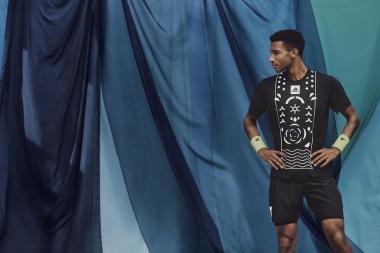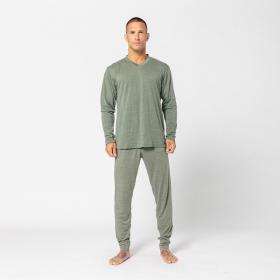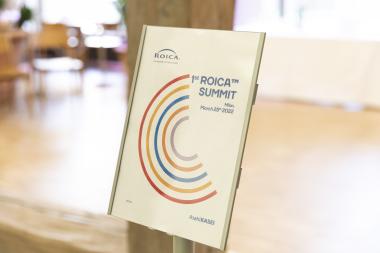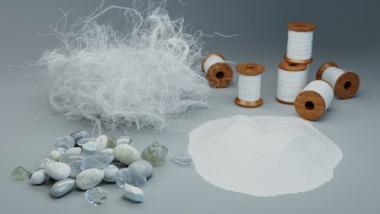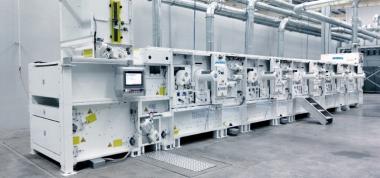Huntsman Textile Effects: New PFC-free Durable Water Repellent
Huntsman Textile Effects has released PHOBOTEX® R-ACE, a PFC-free durable water repellent (DWR) that makes it possible for mills and brands to deliver high-performance outdoor and extreme sports apparel and everyday wear while meeting stringent environmental standards and optimizing production flow.
PHOBOTEX® R-ACE delivers excellent water repellence on all types of fibers. In addition to its remarkable performance on synthetic fibers and blends, PHOBOTEX® R-ACE offers compatibility with resin finishing to ensure even application with unmatchable performance on cellulosic fibers. It offers rain and splash protection for garments that are water repellent and windproof, even under toughest conditions. Additionally, it repels everyday stains, such as mud, coffee, ketchup and juice, so that garments stay cleaner for longer. Textiles treated with PHOBOTEX® R-ACE are breathable, retain their soft handle and continue to look good and perform well through repeated laundering and drying.
PHOBOTEX® R-ACE meets current and upcoming industry standards. The new DWR is PFC-free and formaldehyde-free. It meets the bluesign® criteria (imminent approval pending) and will be published on the ZDHC Gateway with Conformance Level 3, and suitable for STANDARD 100 by OEKO-TEX® certified textile products. It also meets new bluesign® restrictions on 2-Butanone oxime in chemical products, which will come into effect in June 2022.
Huntsman










